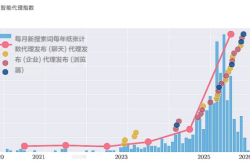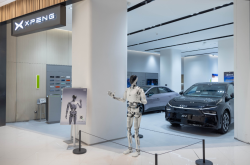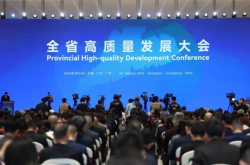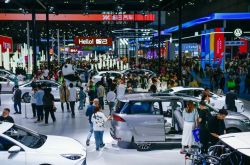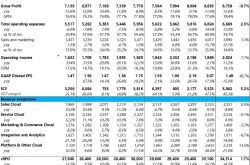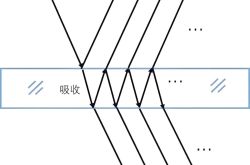Guangzhou Makes a Bold Move: Autonomous Driving Legislation Ushers in a New Era of Transportation
![]() 01/26 2025
01/26 2025
![]() 873
873
Introduction
Hey folks, Guangzhou has just made a significant leap in the realm of autonomous driving!
On January 12, 2025, the 15th Session of the Standing Committee of the 14th People's Congress of Guangdong Province approved the 'Regulations on the Innovative Development of Intelligent Connected Vehicles in Guangzhou' (hereinafter referred to as the 'Regulations'), set to take effect on February 28, 2025.
This announcement has sent shockwaves through both the automotive and technology sectors, effectively accelerating the development of autonomous driving.
Today, Unmanned Car Coming (Public Account: Unmanned Car Coming) delves into the remarkable impact of these Regulations and the transformative changes they promise to bring to our lives.
(For related reading, please click: "Wanglaoji 'Crosses Over' with Baidu's Luobo Kuaipao: Unmanned Driving Brings a 'Fiery New Year Atmosphere,' Try It in Wuhan and Guangzhou!")
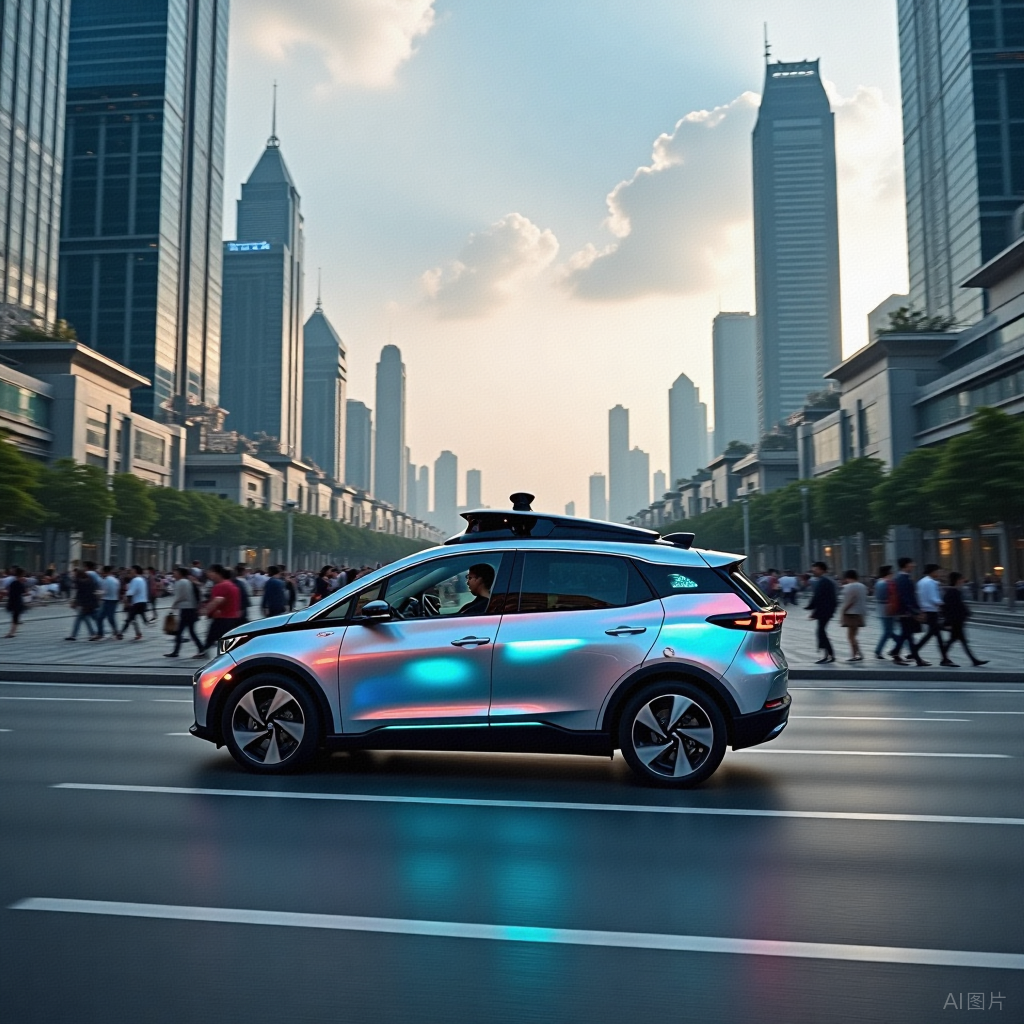
I. Guangzhou: The Vanguard of Autonomous Driving
Guangzhou stands at the forefront of intelligent connected vehicles, serving as a trailblazer in the industry.
Home to leading manufacturers such as GAC AION and XPeng, as well as prominent autonomous driving tech firms like Pony.ai, WeRide, and Baidu Apollo, it is truly a 'hub of giants.'
Currently, Guangzhou boasts approximately 2,500 kilometers of test roads for intelligent connected vehicles across eight districts, with open demonstration operation areas totaling 3,240 square kilometers, ranking first nationwide.
These figures are truly remarkable!
However, the path to progress has not been without challenges. Issues like operational conditions, safety assurances, accident liability, and compensation remained unclear. With the introduction of the Regulations, these challenges have been clearly addressed, installing a 'legal engine' for the high-quality development of the intelligent connected vehicle industry.
II. Industrial Clustering: Nurturing a Smart Auto Ecosystem
The Regulations make significant strides in promoting industrial clustering.
Guangzhou's municipal and district governments will provide support in land use, funding, talent, etc., to eligible industrial parks, aiming to cultivate 'leading enterprises' in intelligent connected vehicles and construct an interconnected and openly shared industrial ecosystem.
This is akin to planting a 'super seed' of smart autos in Guangzhou, destined to grow into a towering tree, driving the industry's flourishing future.
III. Commercial Operation: The Dawn of Driverless Cars?
Previously, commercial operations of autonomous driving were hampered by regulatory constraints. Now, with the Regulations in place, these constraints have been lifted.
They clearly support the orderly conduct of demonstration operations, commercial operations, and other large-scale application activities for intelligent connected vehicles based on sufficient verification.
According to the Regulations, conditionally autonomous vehicles must be equipped with drivers or safety officers, while vehicles with highly autonomous driving capabilities and above, after passing tests and inspections, can have safety officers handle emergencies remotely.
This means driverless cars are increasingly within reach!
Wu Zhengming, Director of the Operation Center of Guangzhou's Intelligent Connected Vehicle Demonstration Zone, stated that with the Regulations' support, by the end of 2025, eligible driverless cars will operate throughout Guangzhou, with an expected four to five hundred vehicles being put into commercial operation by year's end.
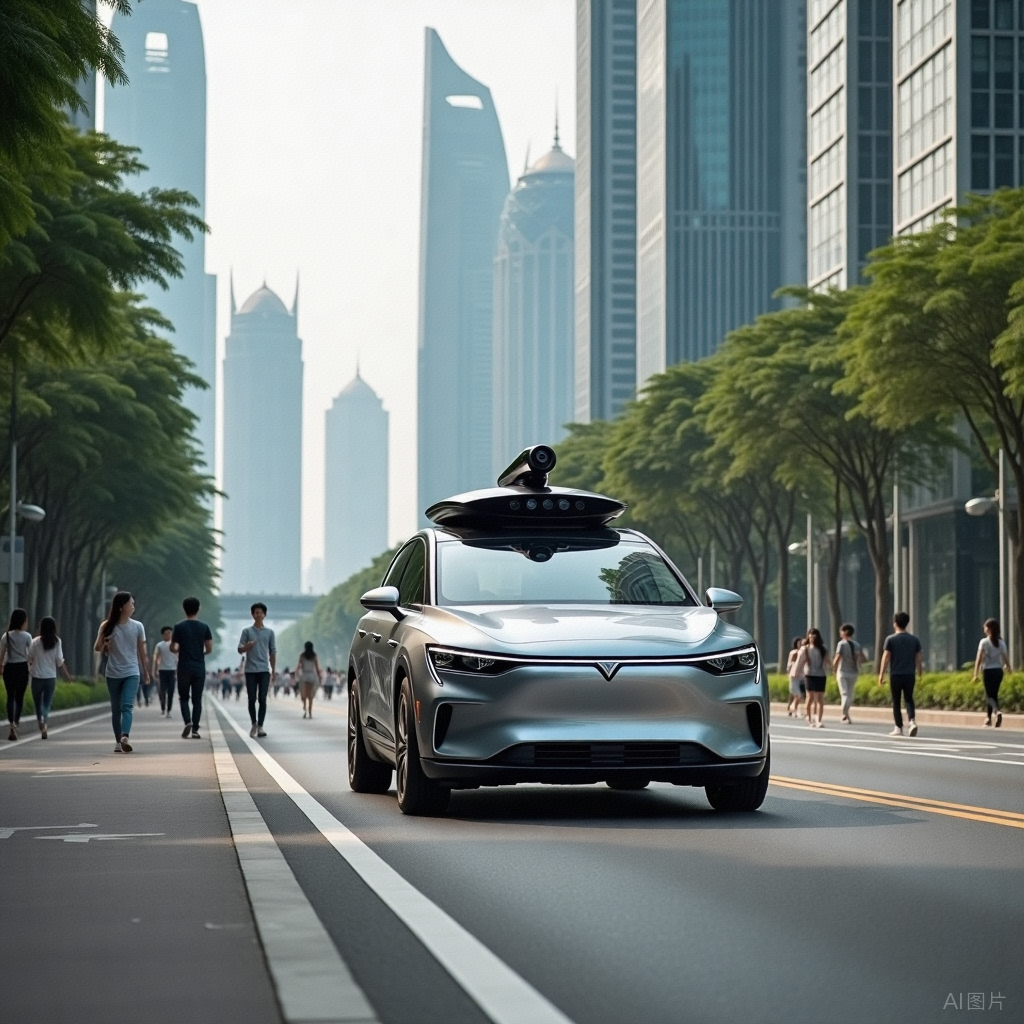
A leading autonomous driving company in Guangzhou has hailed the Regulations, particularly the provisions regarding mixed-traffic pilot zones, making them eager to make a significant impact in 2025.
Moreover, the Regulations' appeal extends beyond local borders. Foreign enterprises such as Baidu Apollo and Didi have already established a presence, and many out-of-town travel platforms, autonomous driving companies, and automakers have inquired, all eager to capitalize on Guangzhou's 'hotbed' of autonomous driving.
IV. Safety Assurance: Riding 'Unmanned Cars' with Confidence
Safety is paramount when it comes to autonomous vehicles. No one wants to ride in a car with constant worries.
The Regulations address this aspect thoroughly.
The municipal government will organize multiple departments to regularly summarize and assess the city's road testing, demonstration applications, demonstration operations, and commercial operations, promptly identifying issues, eliminating safety hazards, and establishing and improving traffic safety emergency response mechanisms. Enterprises must also fulfill their responsibilities, establish emergency response plans, improve personnel training, assessment, and management systems, and strengthen capabilities in vehicle operation safety, emergency response, and on-site handling.
In the event of road traffic safety violations or accidents, the Regulations clarify liability determination and handling methods.
If the driver or on-board safety officer is at fault, they will be held accountable;
if it is due to the autonomous driving system, the entity using the intelligent connected vehicle will be handled in accordance with the law.
In the event of an accident, the using entity will initially bear the compensation liability and can then seek recourse from the responsible third party.
These measures aim to instill confidence in riding 'unmanned cars.'
V. Nationwide Collaboration: A Surge in Autonomous Driving Legislation
It's not just Guangzhou; Beijing, Hefei, Wuhan, and other cities have also legislated for autonomous driving, with regulations shifting focus from testing activities to application promotion to drive the smart auto industry's development.
Since Shenzhen enacted China's first intelligent connected vehicle management regulation in 2022, over 50 cities nationwide have issued autonomous driving pilot demonstration policies or formulated relevant local legislation.
Local legislation not only promotes the coordinated development of autonomous driving and related industries but also fosters healthy competition in regional autonomous driving technology applications, providing rich practical experience for national-level legislation.
Perhaps soon, a unified national autonomous driving regulation will be issued, allowing autonomous vehicles to roam freely on roads nationwide!
In summary, Unmanned Car Coming (Public Account: Unmanned Car Coming) believes that these Regulations in Guangzhou are akin to a stone thrown into a lake, creating ripples. They will not only transform the way people travel in Guangzhou but may also lead the nationwide trend in autonomous driving development. Let's look forward to how convenient and interesting travel will become in the era of autonomous driving! What do you think, folks?

